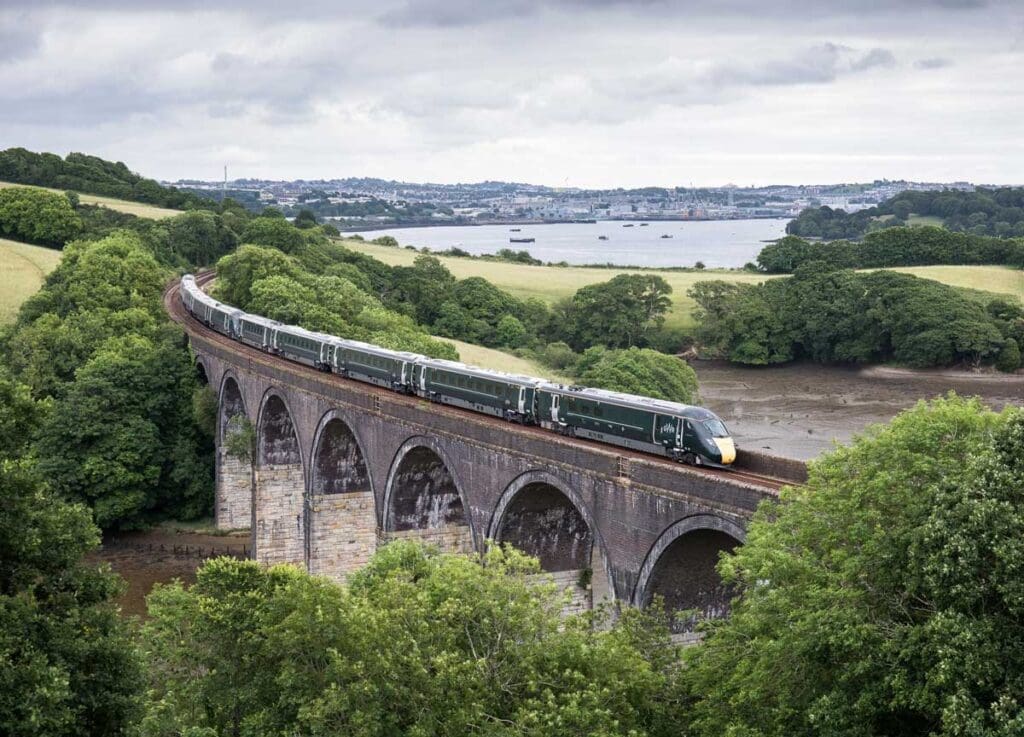
Demand for rail travel has reached two-thirds of normal levels for the first time since the beginning of the coronavirus pandemic, new figures have revealed.
Data from the Department for Transport shows the number of journeys made on the UK’s mainline rail network on August 23 was at 66% compared with the equivalent date in 2019.
Also see
- Transport for London, HS2 & Network Rail join Rail Supply Group’s export scheme
- Over £1.8 billion spent across the south on improvements with passengers returning to the railway
- Ministers urged to ‘put an end’ to HS2 doubts
This is up from 56% three weeks earlier.
Industry body the Rail Delivery Group (RDG) said the rise is due to increased leisure travel, with millions of people embarking on domestic breaks and day trips instead of foreign holidays this summer.
Jacqueline Starr, RDG chief executive, said: “It’s great to see more and more day-trippers and staycationers travelling by train to see the people and places they love as life gets back on track, whether that’s a seaside trip, a night out or a shopping spree.
“These journeys are boosting businesses and high streets that have struggled during the pandemic, helping to build a fair and clean economic recovery from the pandemic.”
Commuting and business trips by rail are still well below pre-coronavirus levels, with the sector’s overall revenue for the year just 59% of what it was at this point in 2019.
Public transport groups have expressed concern that the pandemic has put millions of people off using public transport.
Road traffic has recovered to nearly 100% of pre-virus levels, and on some days even exceeds that figure.


